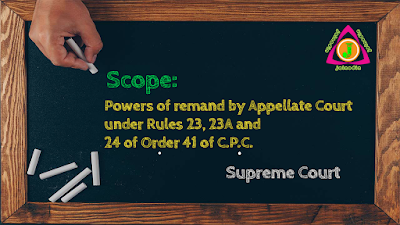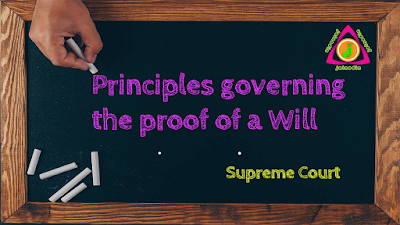Point 3: This point becomes relevant because if the arbitrators cannot grant specific performance, a point can be raised under Section 34(2)(b)(i) that the subject matter of the dispute is not capable of arbitration. [Para No.35]
One of the points raised in the grounds in this Court is that the grant of specific performance is discretionary and the discretion to grant or not to grant specific performance has been conferred by the Specific Relief Act, 1963 on the Civil Court and hence the arbitrator cannot be deemed to have been empowered to grant such a relief. [Para No.36]
We may point out that the Punjab High Court in Laxmi Narayan vs. Raghubir Singh [AIR 1956 Punjab 249] the Bombay High Court in Fertiliser Corporation of India vs. Chemical Construction Corporation [ILR 1974 Bombay 856/858 (DB)] and the Calcutta High Court in Keventer Agro Ltd. vs. Seegram Comp. Ltd. [Apo 498 of 1997 & Apo 449 of (401)] (dated 27.1.98) have taken the view that an arbitrator can grant specific performance of a contract relating to immovable property under an award. No doubt, the Delhi High Court in M/s PNB Finance Limited vs. Shital Prasad Jain & Others [AIR 1991 Del. 13] has however held that the arbitrator cannot grant specific performance. The question arises as to which view is correct. [Para No.37]
In our opinion, the view taken by the Punjab, Bombay and Calcutta High Courts is the correct one and the view taken by the Delhi High Court is not correct. We are of the view that the right to specific performance of an agreement of sale deals with contractual rights and it is certainly open to the parties to agree - with a view to shorten litigation in regular courts - to refer the issues relating to specific performance to arbitration. There is no prohibition in the Specific Relief Act, 1963 that issues relating to specific performance of contract relating to immovable property cannot be referred to arbitration. Nor is there such a prohibition contained in the Arbitration and Conciliation Act, 1996 as contrasted with Section 15 of the English Arbitration Act, 1950 or section 48(5)(b) of the English Arbitration Act, 1996 which contained a prohibition relating to specific performance of contracts concerning immoveable property. [Para No.38]
















